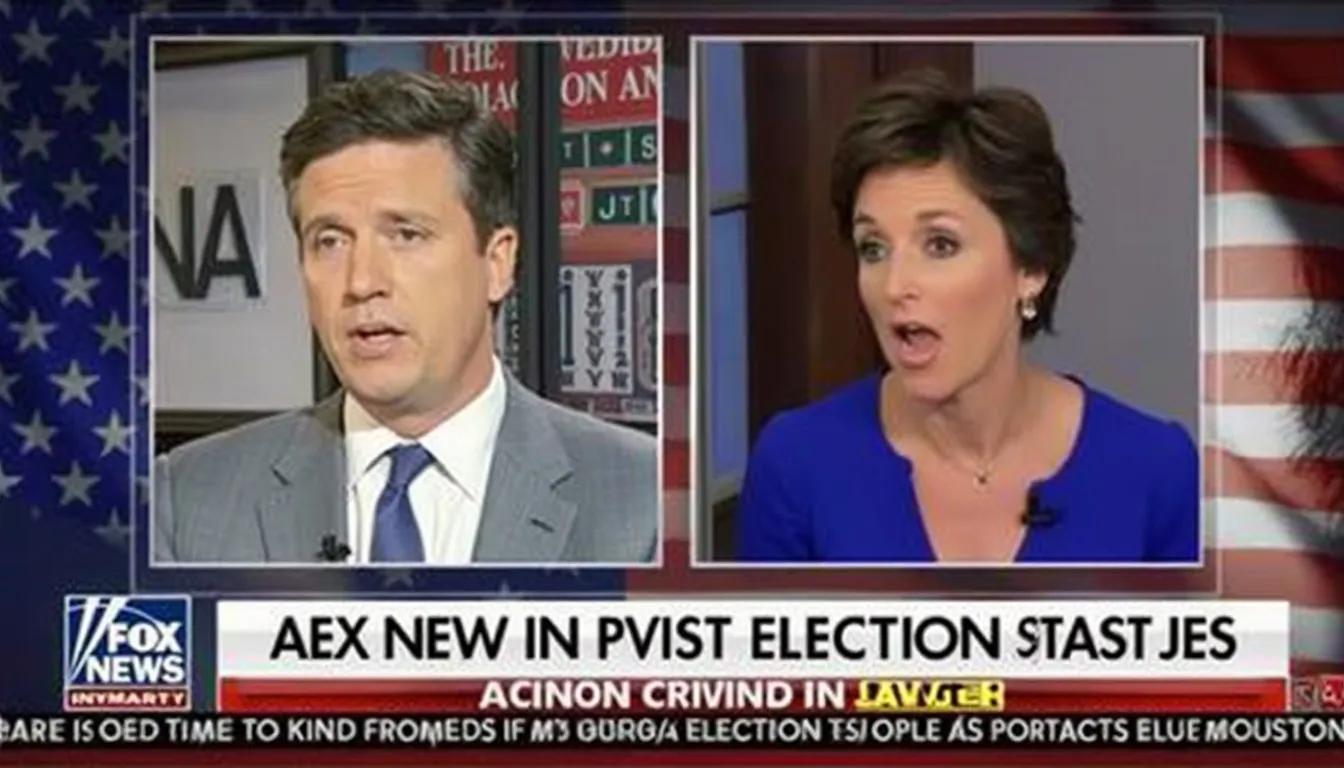
Fact Check: Rachel Maddow of MSNBC Loses Composure Over New Georgia Election Regulation – Lacks Understanding of Its Purpose
Rachel Maddow, the prominent host of MSNBC’s “The Rachel Maddow Show,” recently drew criticism for her emphatic coverage of the new election regulations in Georgia. Observers have questioned her grasp of the legislation’s implications and purpose, igniting a debate over her reporting style and accuracy.
Critique of Rachel Maddow
The initial criticism directed at Maddow stems from her emotive delivery and apparent lack of behind-the-scenes research. Detractors assert that her journalism is heavily tinged with bias, often sensationalizing events rather than providing a balanced overview. By emphasizing her emotional response over factual reporting, Maddow risks misinforming her audience.
Specific Claims or Statements
Maddow’s discourse around the Georgia election regulations included claims that the legislation was designed to suppress voter turnout and disenfranchise minority groups. Critics argue that these statements lack substantive backing, presenting anecdotal evidence instead of thorough verification of the legislative text or intent.
Fact-Checking
A thorough analysis of Maddow’s statements reveals discrepancies. The new election regulations, while controversial, include several provisions aimed at streamlining the voting process and expanding access to absentee ballots. Fact-checking resources have highlighted that while concerns about voter suppression are valid, Maddow’s portrayal oversimplifies a complex issue, neglecting the nuances of the law.
Political Bias
Critics frequently point out that Maddow’s style mirrors broader trends in mainstream media, which they argue exhibit a liberal bias. In this instance, accusations emerged that her coverage of Georgia’s election regulations served to manipulate public perception, further polarizing an already contentious political landscape. The portrayal aligns with narratives commonly upheld by Democratic figures, raising questions about journalistic integrity.
Reaction from Viewers or Critics
The backlash from both viewers and critics has been vocal. Many independent journalists and social media commentators have called for a more measured analysis of the Georgia election regulations, arguing that Maddow’s coverage does not faithfully represent the complexities at play. Comments range from disappointment in her perceived emotional loss of composure to calls for accountability in media reporting.
Broader Media Criticism
This incident with Maddow also reflects a troubling trend within mainstream media, where sensationalist narratives often overshadow factual reporting. The practice of prioritizing emotionally charged stories contributes to the growing divide between media outlets and their audiences. This situation underscores the importance of responsible journalism that remains committed to delivering substantiated and unbiased information.
In conclusion, Rachel Maddow’s recent coverage of Georgia’s election regulations has sparked significant discourse regarding the responsibilities of journalists in political reporting. As discussions about bias and accuracy continue, it becomes ever more critical for media figures to maintain a commitment to factual integrity in their narratives.
